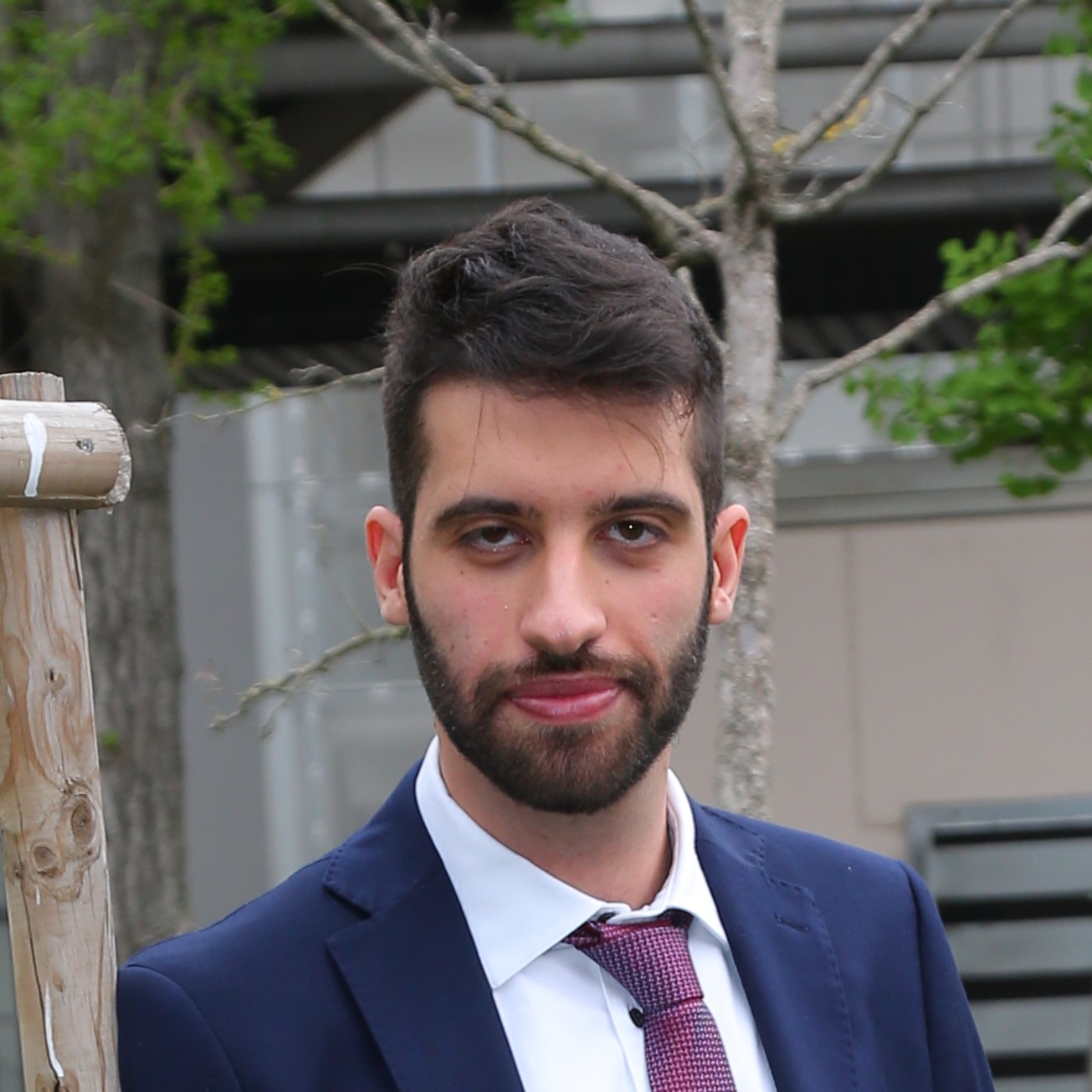ABOUT
Alessandro began his academic journey in Milan, where he earned a bachelor’s degree in engineering physics in 2021 from Politecnico di Milano with a thesis on the application of photonics and nuclear techniques for cultural heritage. This program provided him with a solid foundation in engineering subjects such as mechanics, electronics, and thermodynamics, while also focusing on lasers and optics, material science, and light-matter interaction. During his Bachelor thesis, he developed a strong interest towards scientific research.
Subsequently, driven by the current global concerns about climate change and energy production, he chose to pursue a master’s degree in Nuclear Engineering at Politecnico di Milano, completing his studies in 2024, while participating in an honours program that involved taking additional technical courses and extending his thesis activity. This experience allowed him to deepen his knowledge of nuclear power plants and energy systems, as well as nuclear fusion-related subjects, including solid-state, nuclear, and plasma physics.
The topic of laser fusion and laser-plasma interaction strongly fascinated him, leading him to choose it for his PhD studies and for his master’s thesis, titled “Laser-driven proton boron nuclear fusion using nanostructured targets” — a project carried out in collaboration between Politecnico di Milano, Queen’s University Belfast, and the ELI Beamlines facility in Prague, which allowed him to spend an extended period abroad to participate in experimental campaigns.
Throughout his academic career, Alessandro has nurtured a strong scientific curiosity and critical thinking, along with a passion for problem-solving. He thrives in team environments where he can share ideas and learn from others, believing that diverse perspectives lead to innovative solutions.
Activities
2025
XXII Seminar on Software for Nuclear, Subnuclear and Applied Physics, in Alghero, IT
Interests
Alessandro’s main research interests are related to Nuclear Fusion, Laser-plasma Interaction, Photonics, Inertial Confinement Fusion, Particle Acceleration, Nanostructured Materials, Plasma Modelling and Particle Detectors.
Outside the academia his interests include astronomy, swimming, hiking, cinema, videogames, reading, music, and art history.
